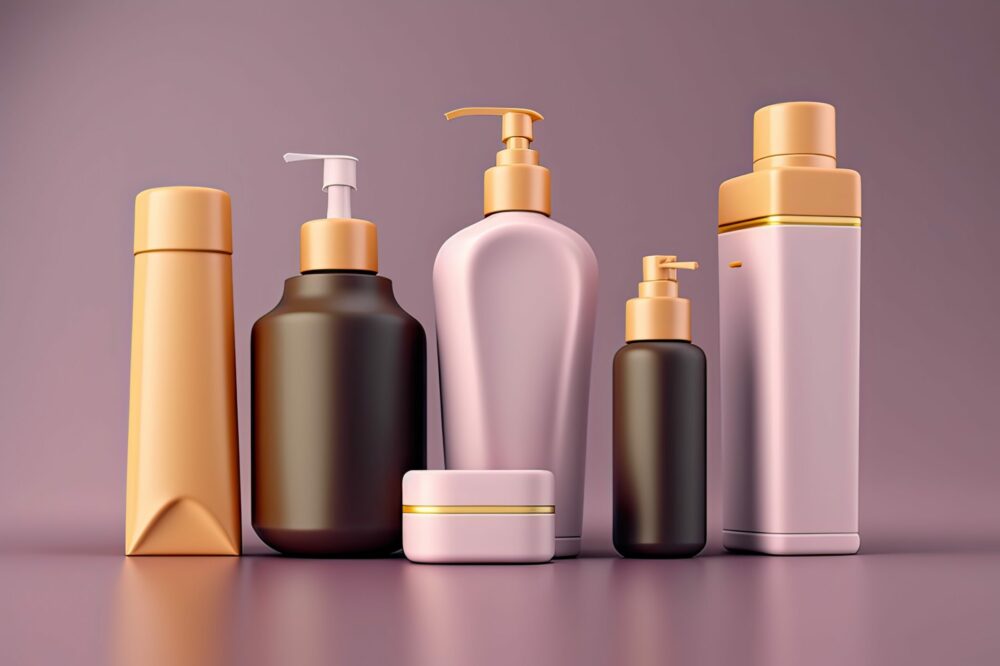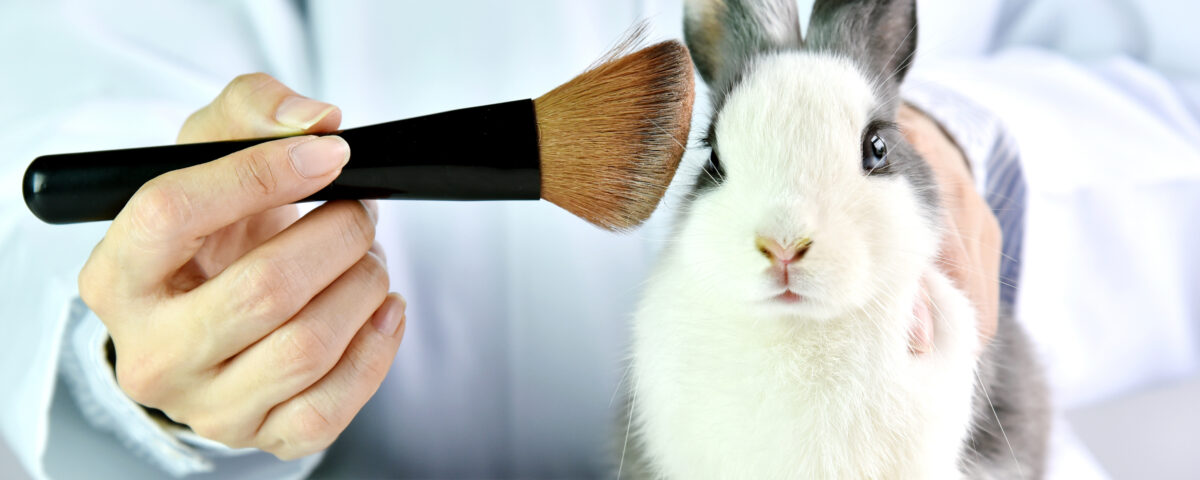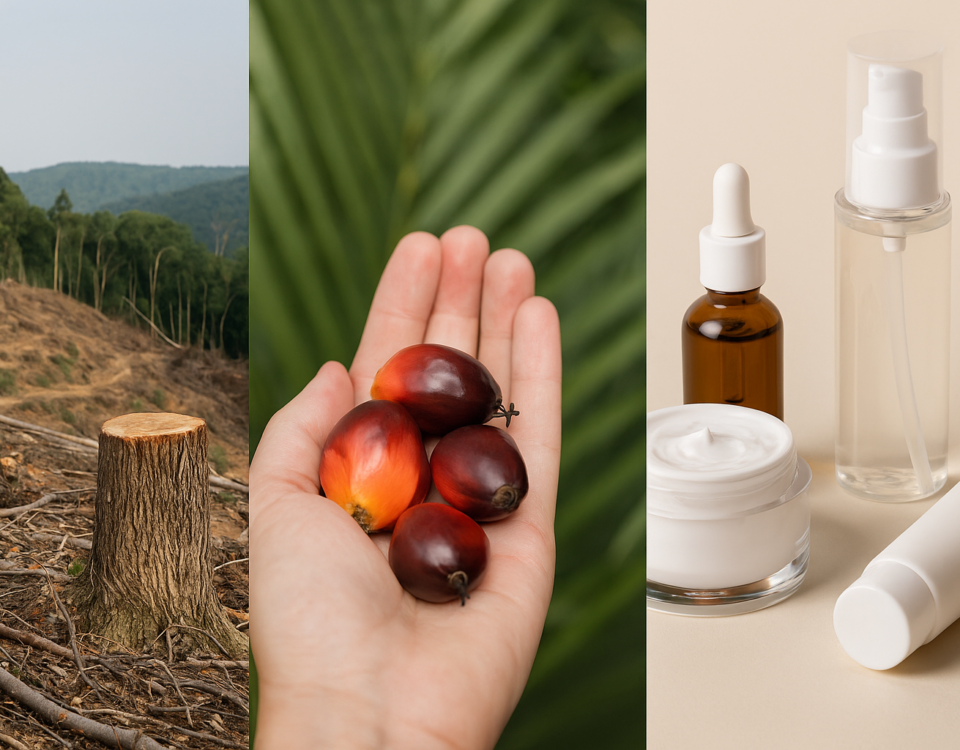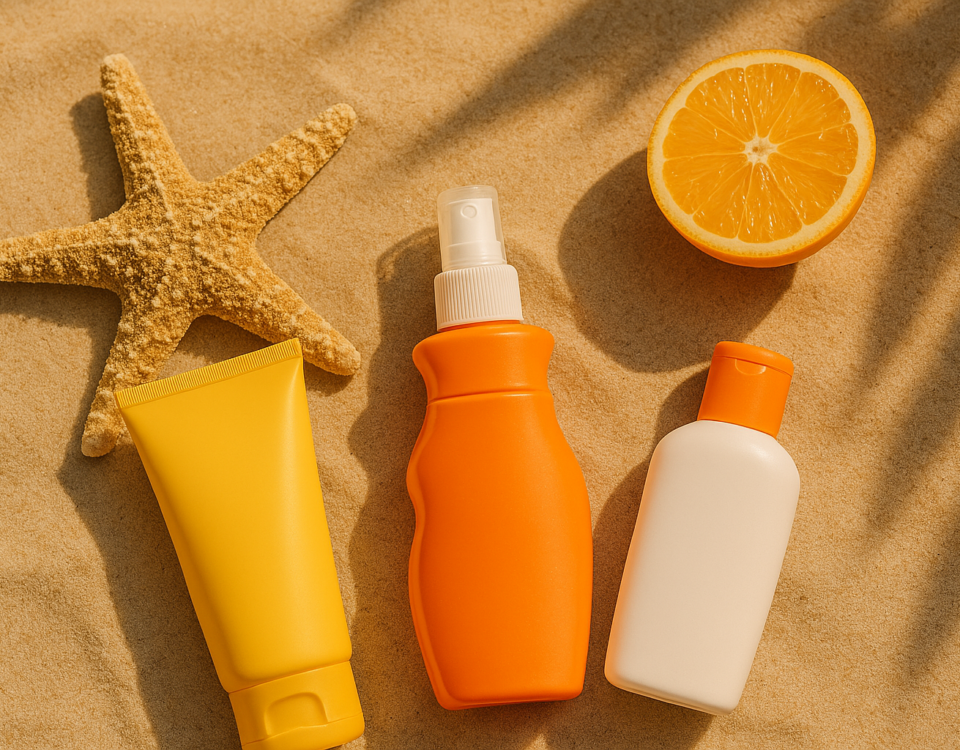
Cosmetic product refills available from retail outlets: another step forwards for responsible beauty!
27 January 2023
Endocrine disruptors : still hot news
12 April 2023According to a 2021 survey*, more than 70% of French people still think that some cosmetic products are tested on animals. This idea is even more pronounced in the 25-34 age group, with over 80% of them believing it. 11% of those surveyed even consider that such practice is mandatory for the marketing of a cosmetic product.
This survey points to a certain degree of consumer ignorance, in reality the cosmetics industry is the only sector for which animal testing is totally banned in Europe.
A closer look at the European legislation
The ban on the use of animal testing within the European Union was implemented over a series of phases: the first involved the finished product and dates back to 2004 this was followed by a second in 2009 which applied to the ingredients.
And finally a total ban on animal testing in the cosmetics industry came into force in 2013. This is set out in full in article 18 off the N° 1223/2009 cosmetics regulation. Since then, companies can no longer use data from animal testing to establish safety assessments; even if the tests were completed outside of Europe.
Are their exceptions?
Yes: data from animal testing campaigns completed before the enforcement of the above restrictions can still be used. The cosmetics industry can also use the results from ingredients already tested to comply with another legislation such as REACH (chemical substances, biocides, etc.) or pharmaceutical legislation, but not those completed for a third party nation (China in particular).
So how come the French appear to be unaware of the ban on animal testing?
The presence of claims such as “not tested on animals” on products can mislead consumers. Don’t forget that claims like this are now banned since they lead consumers to believe that other products on the market in Europe must therefore be animal tested.
“Cruelty free” and other similar labels only further confusion on the subject. They are now considered to be abusive and must not be used on products since they highlight substances that are already forbidden by the European cosmetic product legislation.
Are cosmetic products tested on animals outside of Europe?
Unfortunately the ban on animal testing for cosmetic products is not applied globally, which continues to fuel the idea that the practice is still used in Europe. For example, in Japan there is absolutely no legislation in place either to ban or impose animal testing.
The European legislation on the subject has already inspired a large number of countries, including California and South Korea, where animal testing is no longer in use. In 2021, China made changes to its own legislation: some imported “ordinary” cosmetic products can now be exempted from obligatory animal testing on arrival in the country, subject to certain conditions.
Do not hesitate to contact CLEAR for more information.
(*Survey completed 31 March and 1 April 2021 by OpinionWay for the FEBEA (Fédération des Entreprises de la Beauté – Federation of Beauty Industry Businesses), a representative sample of 1,015 French people aged over 18 were surveyed)




